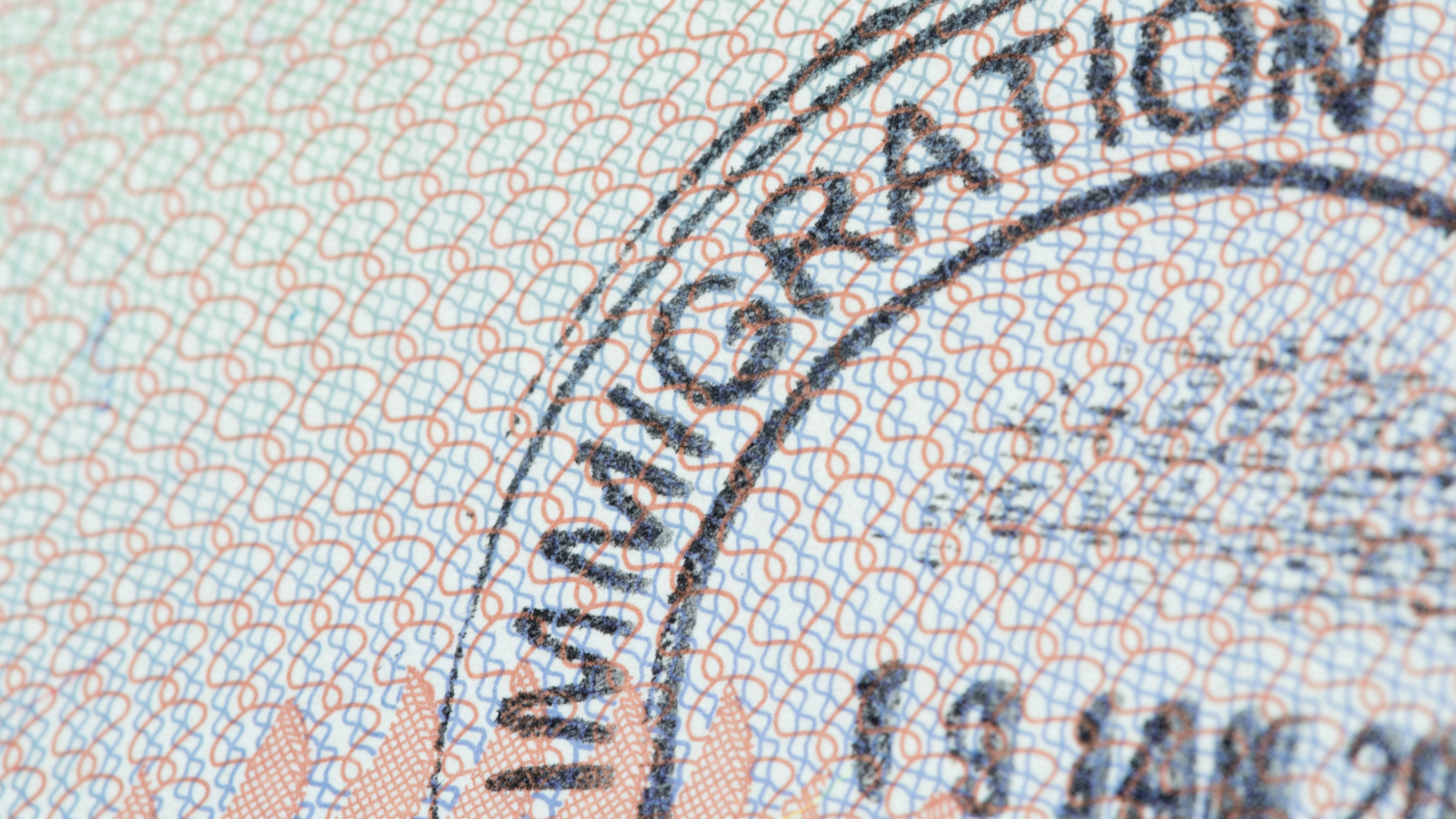In a decisive move to address mounting maritime challenges, the Philippine government has reinforced its commitment to safeguarding the West Philippine Sea. This commitment was reaffirmed during a comprehensive defense roundtable discussion hosted by the Stratbase ADR Institute. The meeting, held on August 2, 2024, was convened in response to increasing incidents involving foreign vessels in the region.
The roundtable highlighted the growing concerns over illegal activities and aggressive tactics foreign entities employ. Notably, incidents involving military-grade lasers and water cannons have raised alarms. Such tactics have intensified the risks to maritime safety and strained regional relations.
Philippine Coast Guard officials, who were central to the discussions, underscored their steadfast dedication to securing the contested waters. They emphasized the importance of robust maritime surveillance and enforcement measures to counteract the threats posed by these foreign vessels. The officials also reiterated their commitment to working closely with international partners to enhance maritime cooperation.
Australia and the United States emerged as crucial allies in the discussions, with both nations being recognized for their pivotal roles in supporting the Philippines’ maritime security efforts. Collaborative initiatives with these countries aim to bolster joint maritime operations, share critical intelligence, and strengthen defensive capabilities.
The roundtable also focused on the importance of transparency and public awareness regarding developments in the West Philippine Sea. Government officials stressed that keeping the public informed is crucial for maintaining national security and ensuring community support for maritime policies.
As regional tensions continue to rise, the Philippines is determined to fortify its position within the Indo-Pacific security landscape. The discussions and subsequent actions reflect a strategic approach to enhancing national defense and fostering stronger international alliances in the face of evolving maritime challenges.






